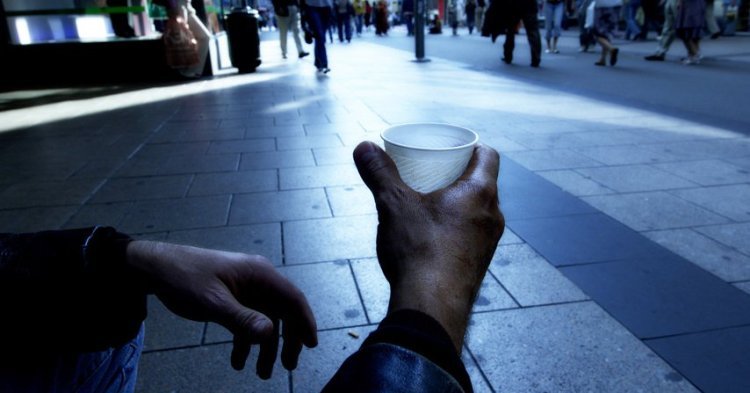Poverty is multidimensional, extensive, and complex. It far exceeds the superficial parameters of material goods and is frequently coupled with social marginalisation, isolation and rejection. Poverty must be recognized as a legitimate policy concern as it effectively hampers the social and economic development of the European Union.
Loneliness and the feeling of being unwanted is the most terrible form of poverty - Mother Teresa (1910-1997)
The demography and dynamics of the EU have evolved extensively over the past decade. The facts of the matter are clear, concise and striking. Almost 84 million European citizens live below the poverty line. Even more disconcerting is the increasing phenomenon of the working poor which encompasses 8% of all fellow Europeans [1]. In a time of increased political, economic and social unrest [2], the EU has finally decided to grab the bull by the horns and take a more comprehensive approach to an issue which continues to plague our respective societies.
Conceived from the European Commission’s 2005-2010 Social Agenda, the European Year for Combating Poverty and Social Exclusion aims to make a ’decisive impact on the eradication of poverty’. With the momentum of the first steps of the Lisbon Strategy boosting it, this initiative could finally bring about tangible change to the poorest in our communities. Despite being unquestionably hampered by the international economic and financial crisis, challenges are inevitable and the EC must stretch out to all Member States in an effort to raise awareness, promote ownership and ensure policy coherence.
The European Year rotates off a number of admirable premises. These include the recognition and preservation of human dignity, the responsibility sharing obligations of all EU, the creation of a cohesive society and the full-time unwavering commitment of our respective governments.
The European Commission has also defined a number of thematic policy priorities for 2010 which include fighting child poverty, promoting inclusive labour markets, eradicating disadvantages in education, addressing gender and age dimensions of immigrants and ethnic minorities and facilitating the needs of people with disabilities, the homeless as well as other vulnerable groups. It is expected that these priorities will materialise through National Plans (NPs) drawn up by National Implementing Bodies (NIBs) under the guidance and facilitation of the EC. The European Year along with organising its own series of events will also set out to mobilise our greatest asset- the European citizens. The democratisation of this process through transferring ownership to the people will re-empower and re-sensitise the European population. It will also serve to bridge the gap between the EU and its people.
The objectives of the European Year are both noteworthy and ambitious. It is imperative to observe however that this is a mere starting point and essentially serves to create ’the snowball effect’. Admittedly the EU has no power to implement absolute non-derogative hard law on this issue. An overarching challenge for the EU is that it can but encourage Member States to adopt policies which are conducive to poverty alleviation. In this respect, the European Year brings the debate back on the agenda and serves as a catalyst for increased awareness of this shameful scandal.
The durability of this initiative heavily depends on the European citizens. Poverty is non-discriminatory in nature. Every society contains a stratum of poor and socially excluded groups. It is imperative that all citizens unequivocally understand that we are all susceptible to poverty. In many ways, one can argue that the EU has become a victim of its own success through unintentionally heightening inequality and having effectively created a gaping abyss between the rich and the poor. Irrespective of this, positive change is at arm’s reach.
It is time for us as European citizens to be reminded of our collective intrinsic values. We must act upon this solidarity-based initiative and ensure that the political commitment of our governments pays far more than lip service. Our responsibility, participation and mutual interdependence can indeed create a state of zero poverty. After all, when you’re poor, I’m poor too.

Follow the comments: |
|
